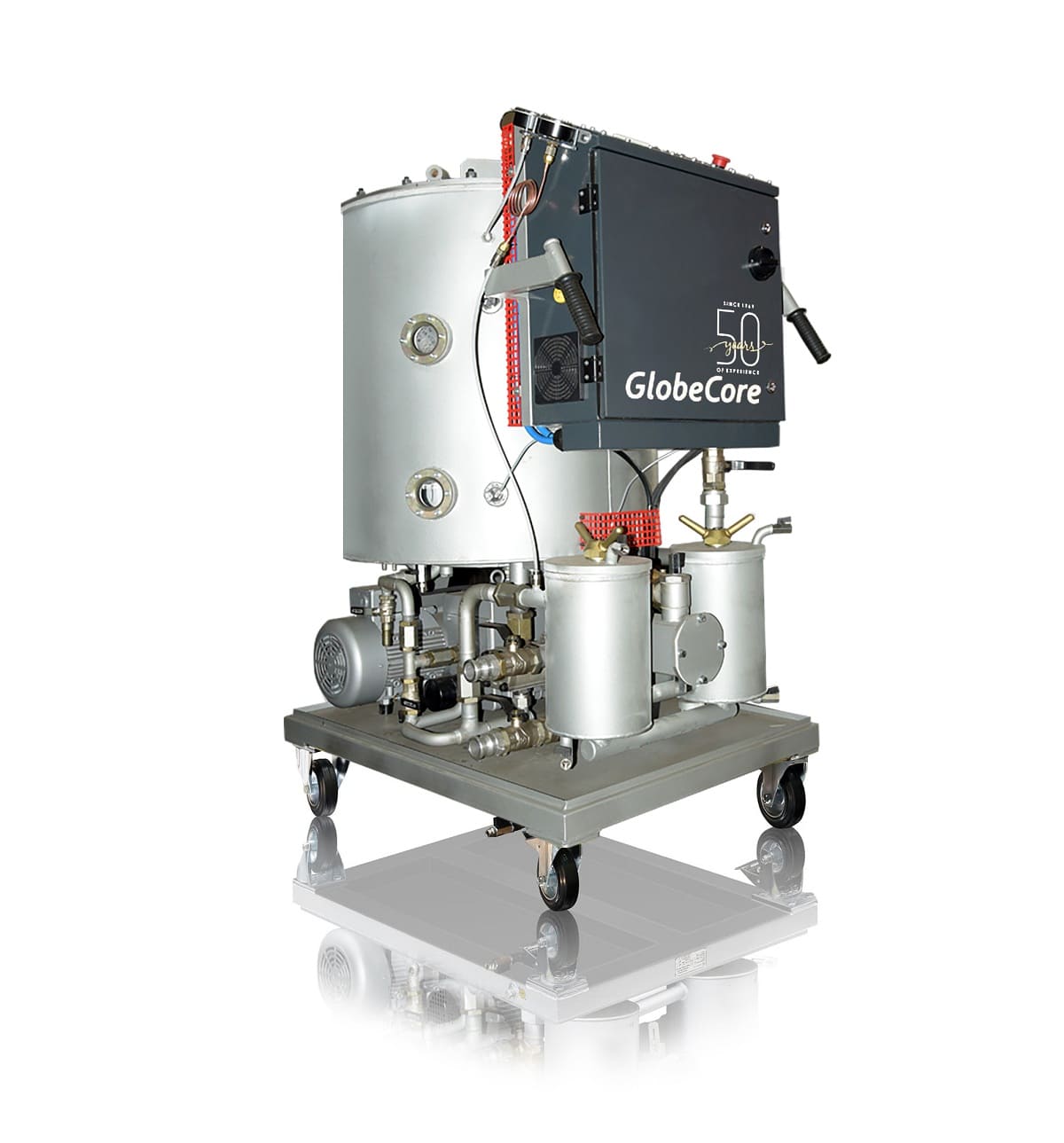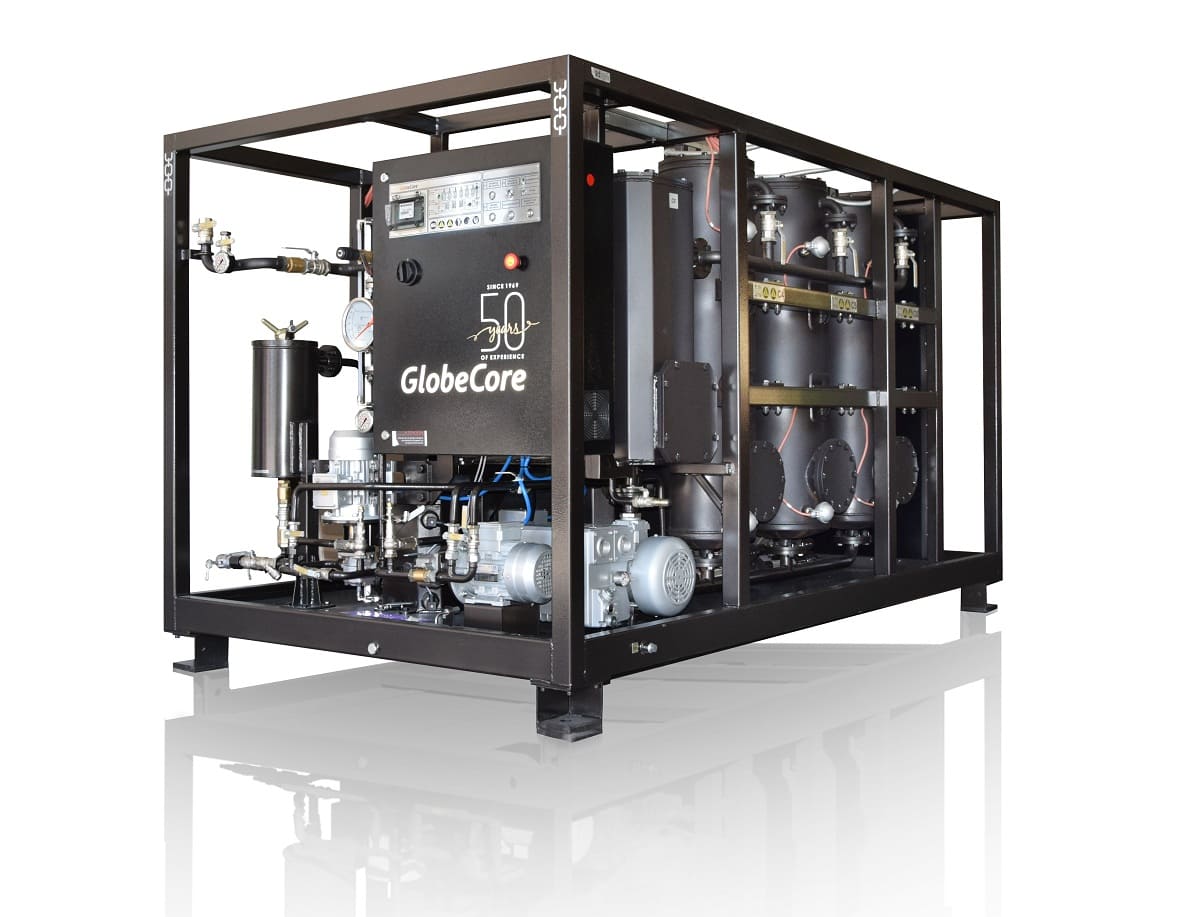Hydraulic oil purification
What are the best practices for Hydraulic Oil Filtration Best Practices to ensure optimal system performance?
- This topic has 1 reply, 2 voices, and was last updated 1 year, 4 months ago by .
Answers
-
October 7, 2024 at 1:18 pm by 佐々木 篤司
Best practices for Hydraulic Oil Filtration to ensure optimal system performance include regular monitoring and maintenance, selecting appropriate filter types, and maintaining cleanliness. Regular Oil Sampling and Testing helps assess oil quality, allowing for timely adjustments to filtration processes. Using High-Efficiency Filters tailored to the specific contaminants present ensures thorough removal of particulates and impurities. Scheduled Filter Replacement based on usage and contamination levels prevents clogging and maintains consistent oil flow and pressure. Maintaining Filter Media Cleanliness by cleaning or replacing filters regularly prevents recontamination and ensures high filtration efficiency. Proper System Design and Installation ensure that filtration systems are correctly integrated with hydraulic systems, facilitating optimal oil circulation and purification. Implementing Automated Controls and Monitoring enables real-time adjustments and proactive maintenance, enhancing filtration effectiveness and system reliability. Training Personnel on proper filtration techniques and maintenance procedures ensures that best practices are consistently applied, maintaining system integrity and performance. Ensuring Environmental Control around the filtration system minimizes external contamination, preserving oil quality. By adhering to these best practices, hydraulic systems can operate efficiently, prolong component lifespan, and reduce maintenance costs.



